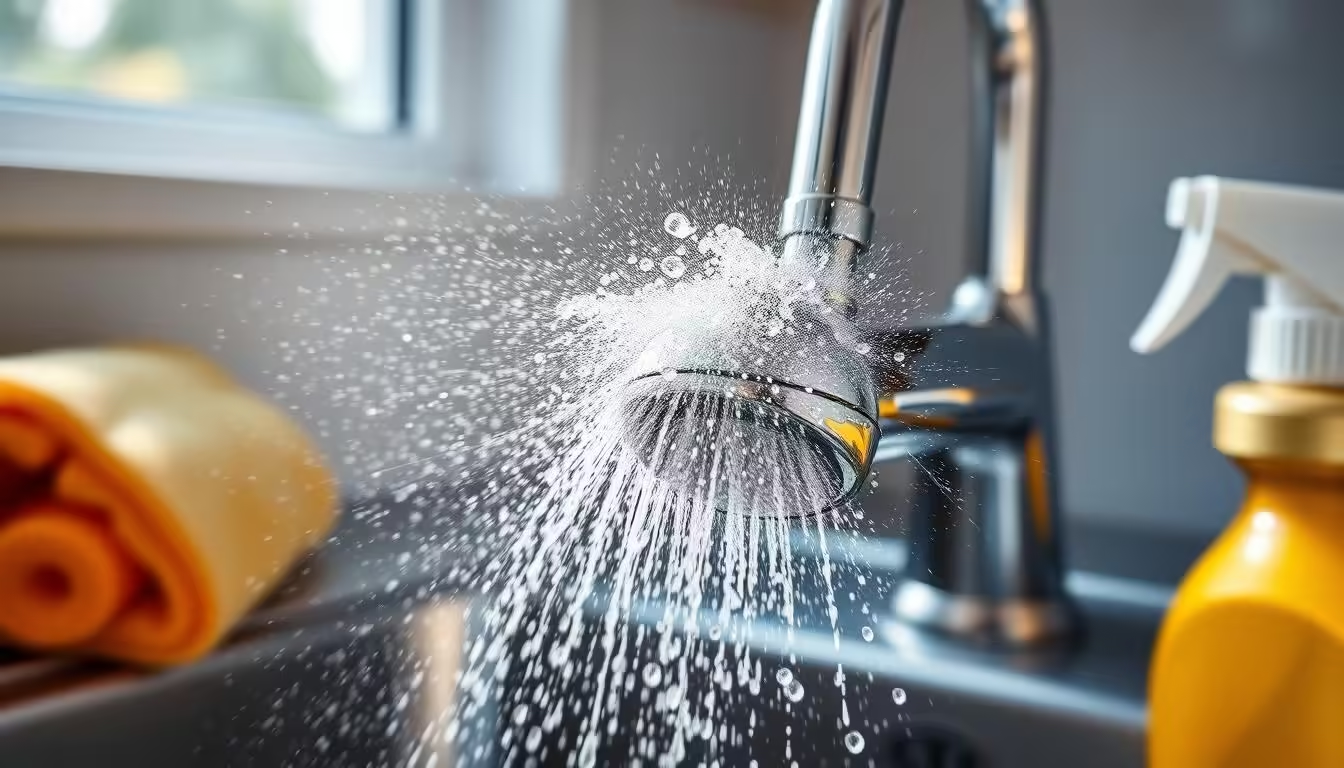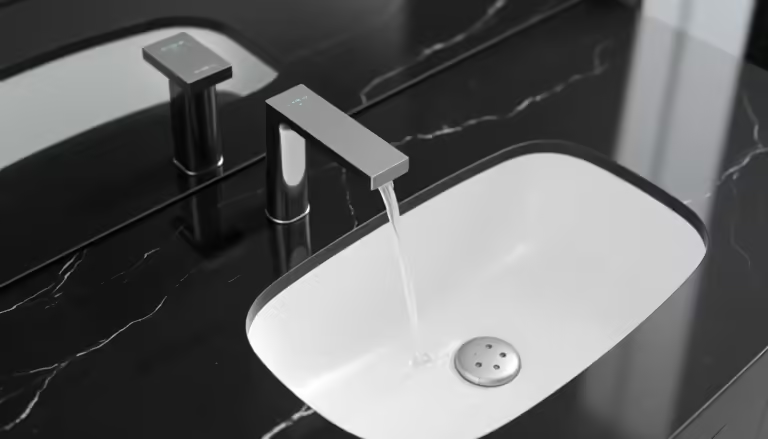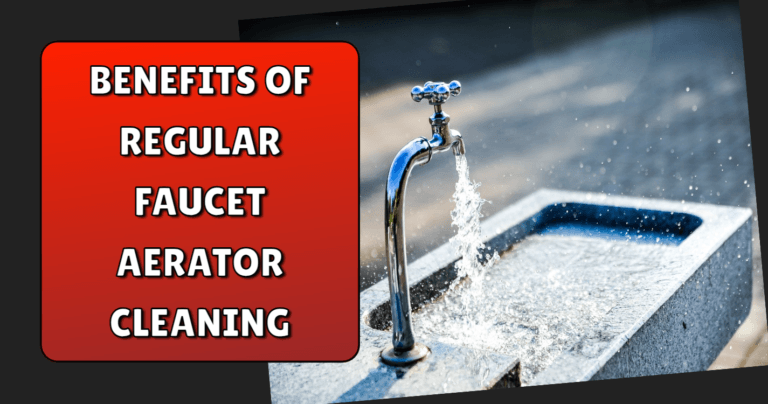Why Blackwater Comes Out of Sink Without Aerator
If you’ve removed your sink’s aerator and suddenly see black water flowing out, don’t panic! While it’s alarming, this issue is often more bark than bite.
Let’s dive into the reasons behind this murky mystery and how you can clear things up.
“To reduce contaminant buildup, remove the faucet aerator, disassemble it, and clean each part with a brush under running water. Soak in vinegar to remove mineral deposits, then reassemble and reinstall. Regular cleaning ensures proper water flow and reduces contamination risks.” – Michigan Lead Safe Program
Common Causes of Blackwater from Sink Without Aerator
Debris in the Pipes:
- Over time, mineral deposits, rust, and other debris can accumulate in your pipes.
- When you remove the aerator, this built-up gunk can flow freely, resulting in black or discolored water.
Aging Pipes:
- If you have older galvanized steel pipes, they may be corroding on the inside.
- This corrosion can break loose when water flow increases after removing the aerator.
Recent Plumbing Work:
- If there’s been recent plumbing work in your home or neighborhood, it could have stirred up sediment in the pipes.
Water Heater Issues:
- Sometimes, sediment in your water heater can cause discoloration.
- This is more likely if the black water is only coming from the hot water side.
Municipal Water Supply Problems:
- Rarely, issues with the municipal water supply can cause discoloration.
- This is usually temporary and affects multiple households.
Solutions and Next Steps for Blackwater Comes Out of Sink Without Aerator
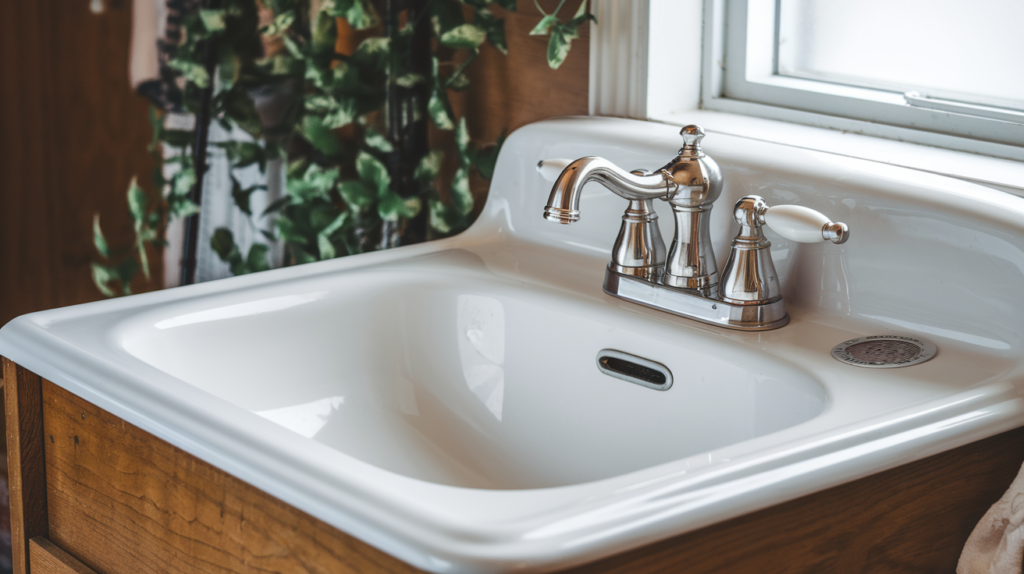
Flush the System:
- Let the water run for several minutes to clear out the debris.
- If it doesn’t clear up after 10-15 minutes, move on to other solutions.
- Soak the aerator in vinegar to dissolve mineral deposits.
- Scrub gently with an old toothbrush before reinstalling.
Check Other Faucets:
- If the problem is isolated to one faucet, it’s likely a localized issue.
- If it’s happening throughout the house, you may have a more systemic problem.
Inspect Your Water Heater:
- If it’s only affecting hot water, consider flushing your water heater.
- Consult a professional if you’re not comfortable doing this yourself.
Consider Professional Inspection:
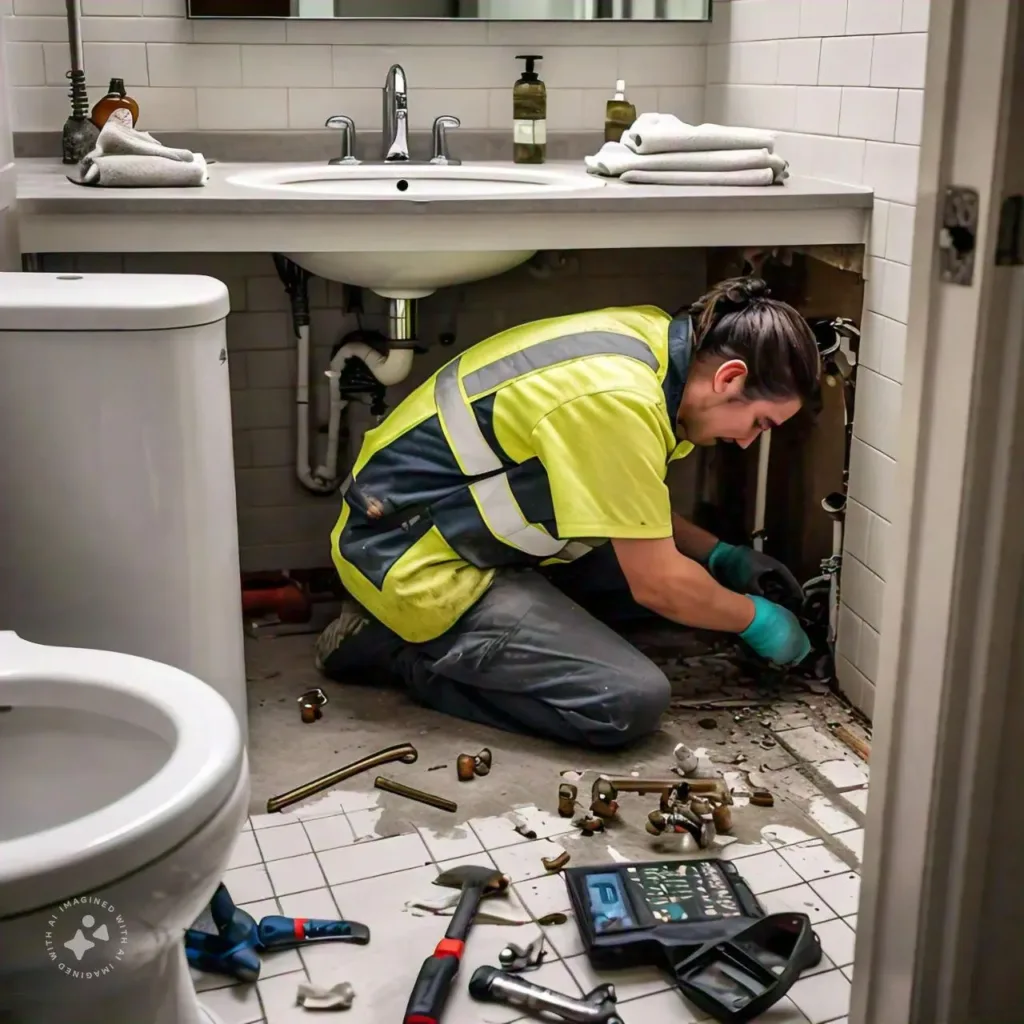
- If the problem persists, a plumber can inspect your pipes for corrosion or other issues.
- They may recommend pipe cleaning or replacement if necessary.
Contact Your Water Provider:
- If you suspect a municipal issue, reach out to your local water department.
- They can inform you of any known problems or test your water quality.
Remember, while black water can be startling, it’s often a simple fix. By following these steps, you can usually restore your water to its clear, refreshing state. If you’re ever in doubt, don’t hesitate to consult with a professional plumber. They can provide personalized advice based on your specific plumbing system and water quality.

